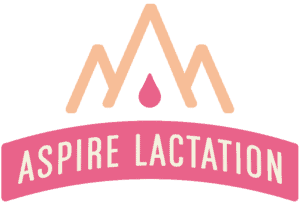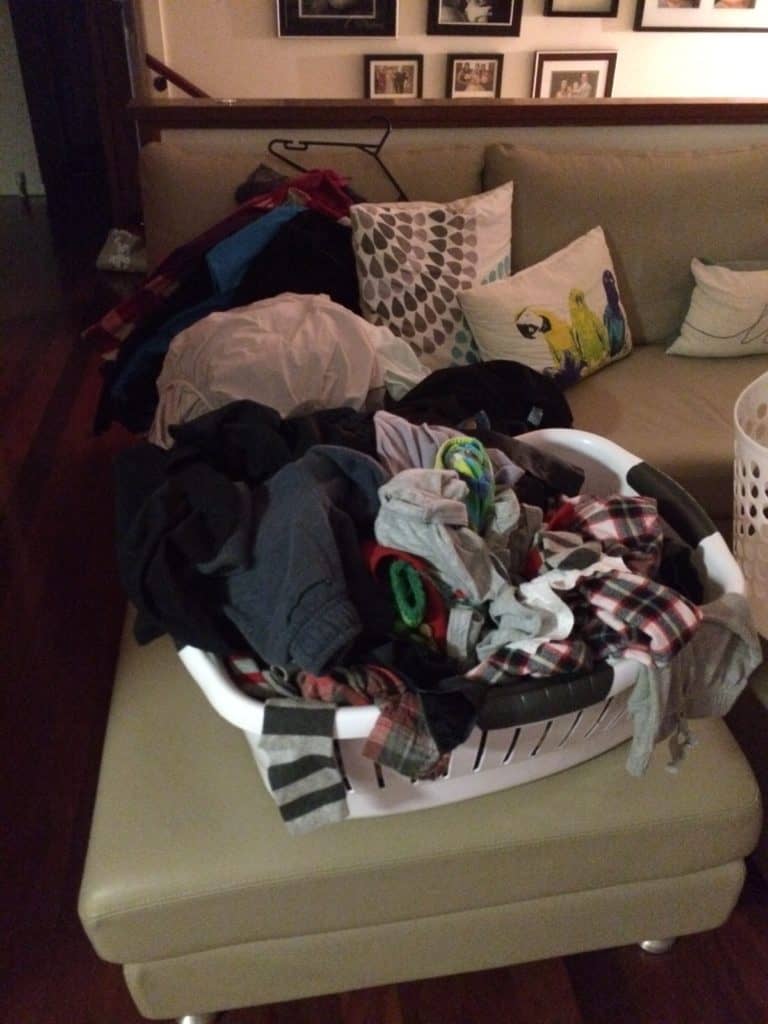In the many years I have been a nurse and as an International Board Certified Lactation Consultant, I have spent time with so many families and their babies. I have seen people from different social and economic backgrounds and from many walks of life. In caring for these babies, I often get chatting to mothers about their support networks, not just for a healthy baby, but those with sick or preterm babies. What I hear from families is something that is becoming an increasing factor in stress in new parents’ lives. Isolation. Families that live more than a few hours away, or in another country. Parents being relocated interstate for work and moving away from their home base. Even though now the world appears to be shrinking as we Sykpe and Facebook our friends and family, actual physical contact can be so far away.
A hug. A shoulder to cry on. Someone to listen to you without judgement.
Although Australia is a large country, it is sparsely populated and this can lead to families being geographically isolated from their loved ones, and their support. Parenting (and therefore breastfeeding) skills that were once passed down from older generations are lost as we move away from relatives and parents are having to figure out things on their own, or from a barrage of baby books.¹ However, human beings are social by nature and studies have shown that social support has a direct effect on decreasing stress hormones and blood pressure.² Positive social support can lead to increased oxytocin. Oxytocin is the “feel good” hormone that causes the Milk Ejection Reflex (or “let-down”), which you’ll see when baby starts rhythmically sucking and swallowing. Another good thing about oxytocin is that it reduces anxiety and promotes sleep in mothers. Breastfeeding mothers have lower blood pressure, and decreased psychiatric and cardiovascular issues than those who bottle-fed their babies.³
So what can we do as a community to support mothers who are socially isolated? Friends may need to step into the role that family once did, and provide advice on parenting and settling their baby. Rather than coming around and visiting the baby, do something helpful for the new mother (who likely has only just changed out of her pyjama pants and brushed her hair for your benefit). Bring some meals she can freeze or eat later. Do the dishes. Hang a load of washing out. Fold washing. Before coming over, ask the new parents if they need any milk or bread, that you can pick up on the way.
Set mum up when she is breastfeeding, so that she has everything within arm’s reach: a snack, water, something to read. Partners can have the baby ready for a feed by changing bub up and bringing the baby over (this is especially good at night). If mum needs to pump, her partner can make sure the pump pieces are washed and ready to go. Support breastfeeding, by engaging an International Board Certified Lactation Consultant (IBCLC) if things are not going to plan with your partner.
You don’t have to help someone you know: help a mother get her groceries out of the trolley while she has her baby strapped to her (it gets hard bending into the trolley to get the last items out and I always appreciated the offers from my local Woolies checkout supervisors). Invite that mum on the table at the coffee shop to join your mothers group. Get a new mother in the shops talking about her gorgeous baby and make her feel positive during what could be the only grown-up interaction she has until her partner gets home!
My thanks:
Thank you to our families for the help over the last few years. I might have seen ungrateful for your help at times, but it was probably just my stubborn proud streak that made me ashamed for not “having it together” enough in my eyes.
Thank you to my husband, especially for those instances when I need some “me time” and you took a frazzled baby or toddler off on a walk so I could rest or gather my wits. Thank you for understanding that my level of cleanliness has changed considerably and not griping about it!
Thank you to Sunny who stopped by when she herself had 4 month old and brought quiches to keep us going in our early weeks post first baby.
Thank you Kirby for coming over with a slice that was so amazing, it got us through “3:30-itis” for the rest of the week, when we were exhausted with a new baby. I still remember it nearly four years later 🙂
Thank you Bec for bringing your baking, fresh fruit and helping hands over to visit with both my babies. Even if I declined your offer to do housework, because I was just happy to have your company!
Thank you Claire, for giving me your phone number the day we met at the local chemist for a baby weigh. It felt weird for me to ask for a number (kind of like asking for a date!) but we have found some great friendships in the local mothers group that came out of random meetings.
Oh, and I’m no longer a new mother. But if anyone wants to fold the three or four loads of washing on the sofa as I type this, I will gladly accept your help! I’ve been walking past it for two days and I think it’s not planning on going anywhere soon….
Where else can you meet other parents to create your support network?
- Queensland ‘s Child Health Service has a program which runs for one month for new mothers. After the program is completed, mothers can swap contact details and arrange to meet up in the community as a group. This is often booked out quickly as it is very popular, so contact your local office. For those in other states, contact your local child health service.
- Playgroup Australia has listings of open playgroups that allow new mums to join, search your local area.
- The Australian Breastfeeding Association runs local groups and is another way to meet parents
- Some churches may have groups, such as MOPS (Mothers of Preschoolers)
- You may have even struck up a friendship with other parents at antenatal classes or on the postnatal ward. Swap details and keep in contact!
If you are finding transitioning to parenthood and breastfeeding difficult, speak to your partner, family, close friend or health care professional. Having an IBCLC such as Aspire Lactation as part of your team, will help you find the road to confidence and breastfeeding success. For your comfort, you don’t even need to get out of pyjamas when I come to your home for a consult. I won’t judge, and I will support you.
A health care professional can help identify the signs of postnatal depression and arrange support and follow-up for you. For more information visit Beyond Blue.
References
1. Porter, B. (1990) ‘Abandoned’ Parents – A Challenge for Health Professionals, Clinical Pediatrics, 29: 610-613
2. Kikusui, T., Winslow, J.T. & Mori, Y. (2006) Social buffering: relief from stress and anxiety, Phil. Trans. R. Soc. B 361, 2215–2228
3. Groer, M., Davis, M., & Hemphill, J. (2002) Postpartum Stress: Current Concepts and the Possible Protective Role of Breastfeeding, JOGNN, 31, 411–417






